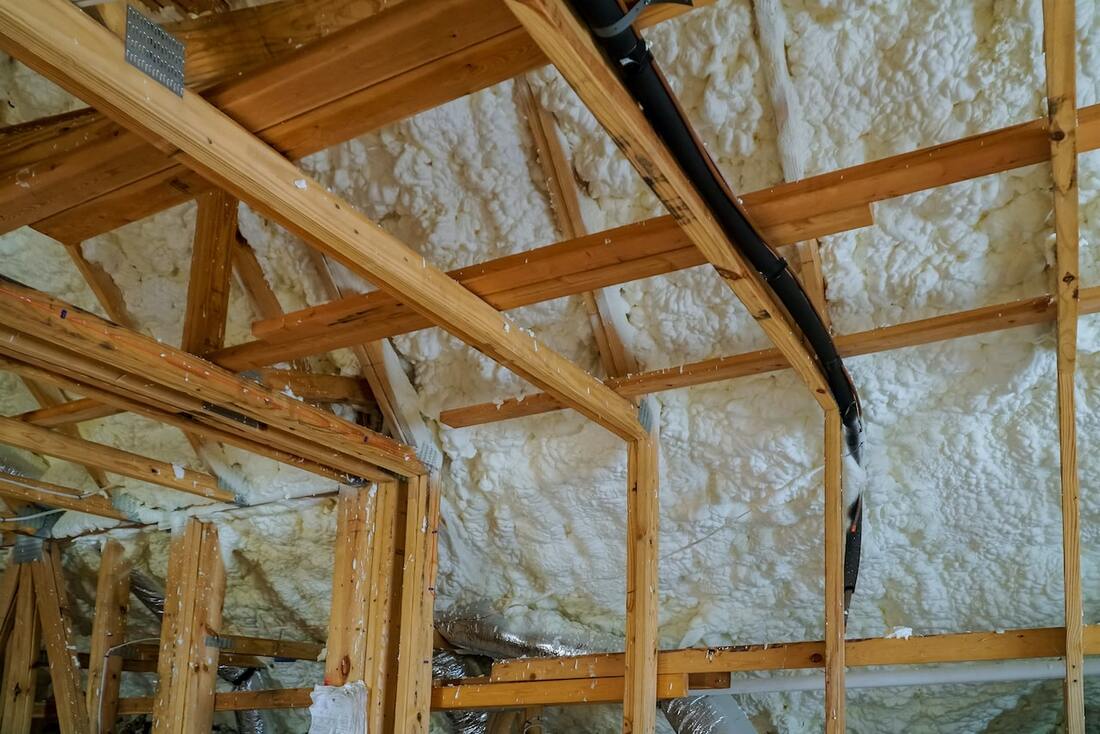An inspector of commercial buildings looks at a building’s general health, from the ground up. Before starting the building inspection process, let’s take a moment to review some essentials. Located on a piece of commercial real estate, a commercial building is any building or other structure. These buildings are designed to generate income, either through capital gains or rental income. Commercial structures are typically divided into office buildings, retail/restaurant buildings, multifamily houses, land, and other buildings. A commercial building inspector has many uses for asset managers. The best option is an architect or engineer. These individuals have a variety of experience in building trades, facilities management, upkeep, and related industries. Engineers and architects, however, could demand greater fees due to their experience and specialised understanding. An alternative is hiring a commercial building inspector. Many specialise in both residential and commercial inspections, but proceed with caution. A business inspection is not the same as a house inspection. A wise choice is to use a firm that not only specialises in commercial inspections but also understands the value of commercial real estate as an asset for businesses, a cost of doing business, and a source of revenue. Building inspection Adelaide will have access to the intimate expertise required to inspect those problem areas and ensure the structure is of a high calibre. You can check this out here as well.

Inspection of a business building’s objective:
The ROI and residual value are important considerations when buying commercial real estate. The portfolio managers are considering two questions: “How much will this cost?” also, “What would be my return on investment?” This circumstance calls for an inspection. It shows the five primary systems of the building’s remaining lives: Roofing, structural integrity, and electrical systems, Plumbing, as well as heating, cooling, and ventilation (HVAC). Companies that manage real estate are interested in learning whether a change in the building’s intended use in the near future necessitates replacing the roof, the HVAC system, or the electrical components. A commercial property purchase is not only costly but also demands substantial research and consideration before a decision can be made. In order to understand more about a property or to get ready for a purchase agreement, investors, insurance lenders, portfolio lenders, and commercial mortgage-backed securities (CMBS) lenders routinely seek property condition assessments (PCAs).















